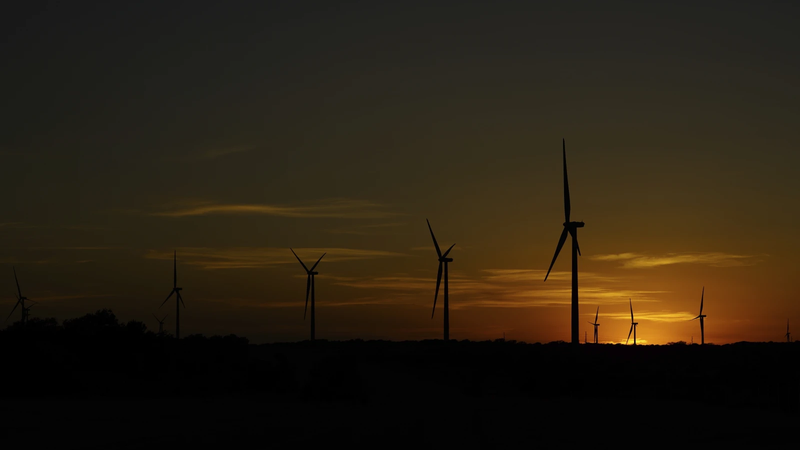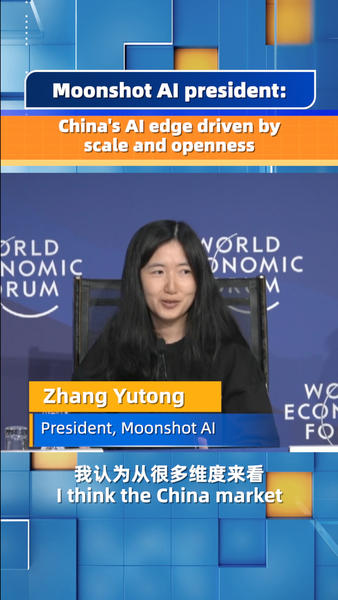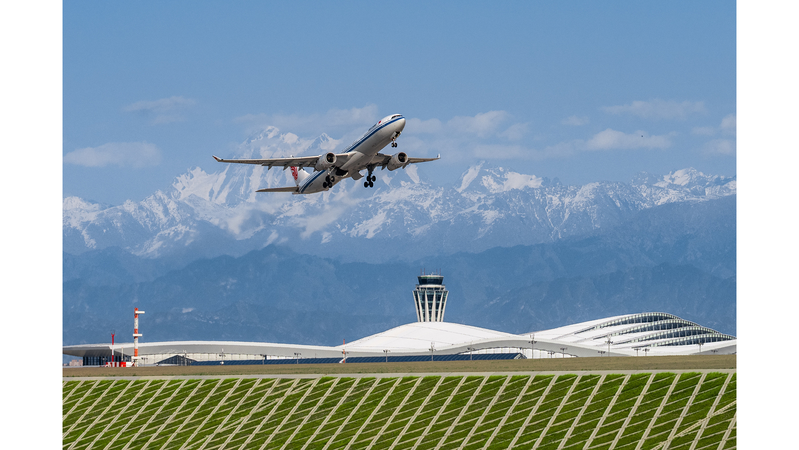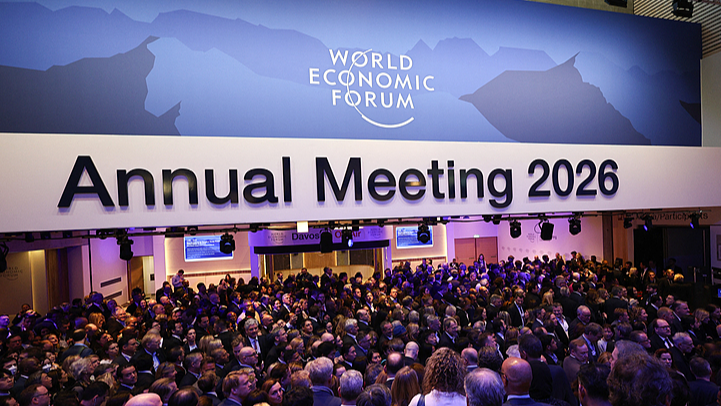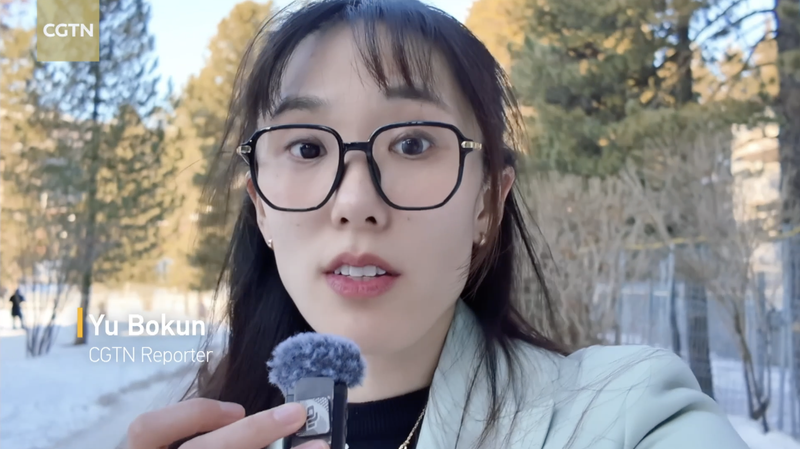🌿 The future of green energy in the U.S. might be hitting a speed bump! NextEra Energy Resources CEO, Rebecca Kujawa, is sounding the alarm 🚨 over President Biden's proposed tariffs on Chinese clean energy tech.
\"These tariffs could hike up prices for consumers and slow down our clean energy goals,\" Kujawa told the Financial Times. \"Any uncertainties in the development process can definitely create higher costs for customers and make it more difficult to get some of the clean energy goals that the Biden administration has over the finish line.\"
Industry experts are backing her up. They believe that slapping new tariffs on Chinese solar panels and batteries could throw a wrench 🛠️ into the U.S.'s plans to decarbonize by 2035. The main issue? Higher prices for renewable tech could slow down the pace of going green and make it costlier overall.
Jim Murphy, CEO of Invenergy, chimed in: \"We don't have domestic manufacturing here, so why should we be tariffing imports?\" He points out that making solar tech pricier isn't doing anyone any favors, especially when we're trying to make clean energy more appealing and accessible.
Industry Clash ⚡
The proposed tariffs are causing a bit of drama in the renewable energy world. While some big U.S. manufacturers see them as a way to compete with cheaper Asian imports, operators worry that limited local supply will just drive up costs. Herbert Crowther, an analyst at Eurasia Group, mentioned that tariffs would lead to \"slower, short-term deployment\" until domestic production catches up.
\"There's a natural tension between China policy and climate policy right now,\" Crowther said. \"In the U.S. political context, ultimately, China policy sells much more than climate policy.\"
Just recently, the Biden administration introduced tariffs on Chinese clean technologies, responding to concerns that affordable imports were undercutting local manufacturers benefiting from the Inflation Reduction Act. On June 7, the U.S. International Trade Commission agreed to look into a petition from solar manufacturers seeking anti-dumping duties on Chinese solar cell producers in Southeast Asia.
David Fickling, a Bloomberg columnist, highlighted that the U.S. still lacks enough solar capacity to hit its decarbonization targets by 2035. He pointed out that the world isn't on track to triple renewable power by 2030, a goal set by the G20.
Fickling warns that increasing tariffs on imports from the Chinese mainland could make matters worse, making it tougher to build the needed solar and wind farms and the factories for their components. \"Such measures will increase costs and slow down the transition to clean energy,\" he cautioned.
Reference(s):
NextEra CEO says Biden's China tariffs will hinder green transition
cgtn.com
